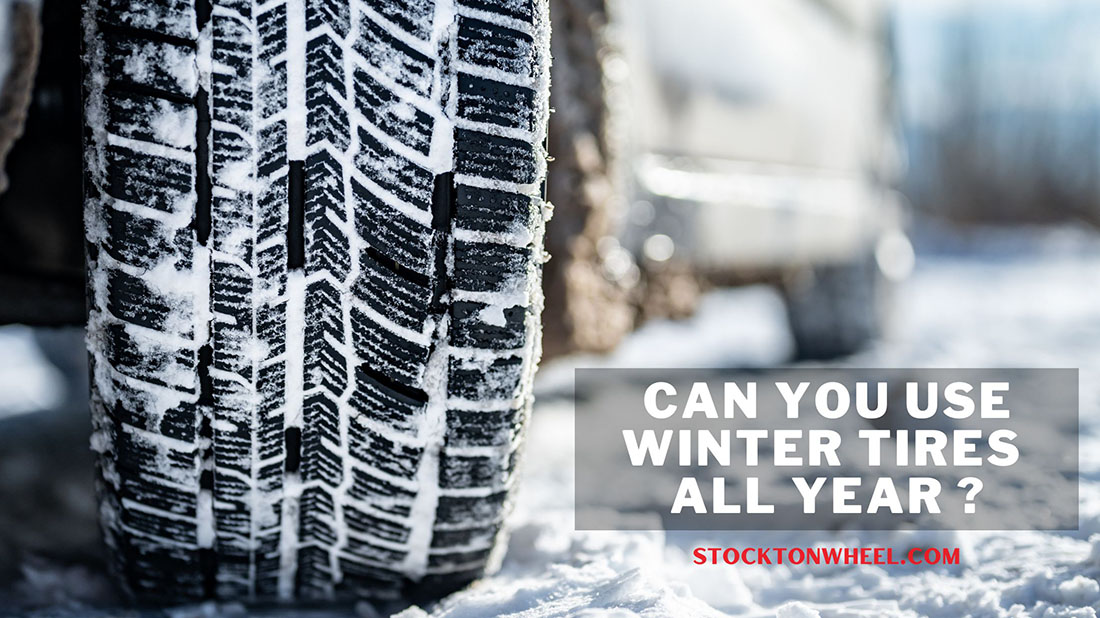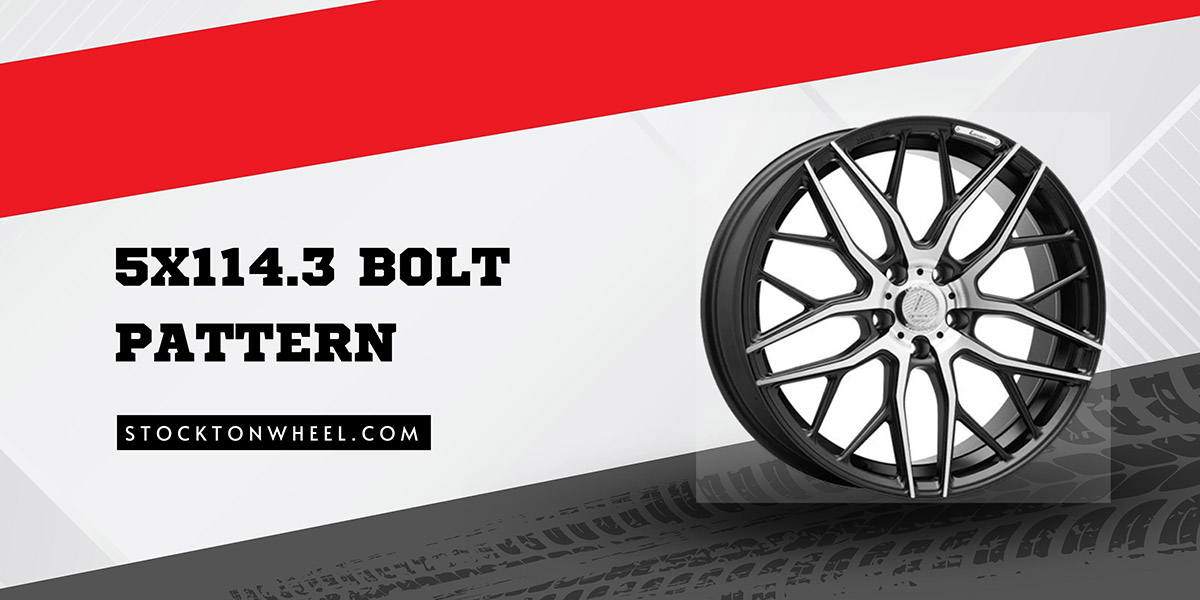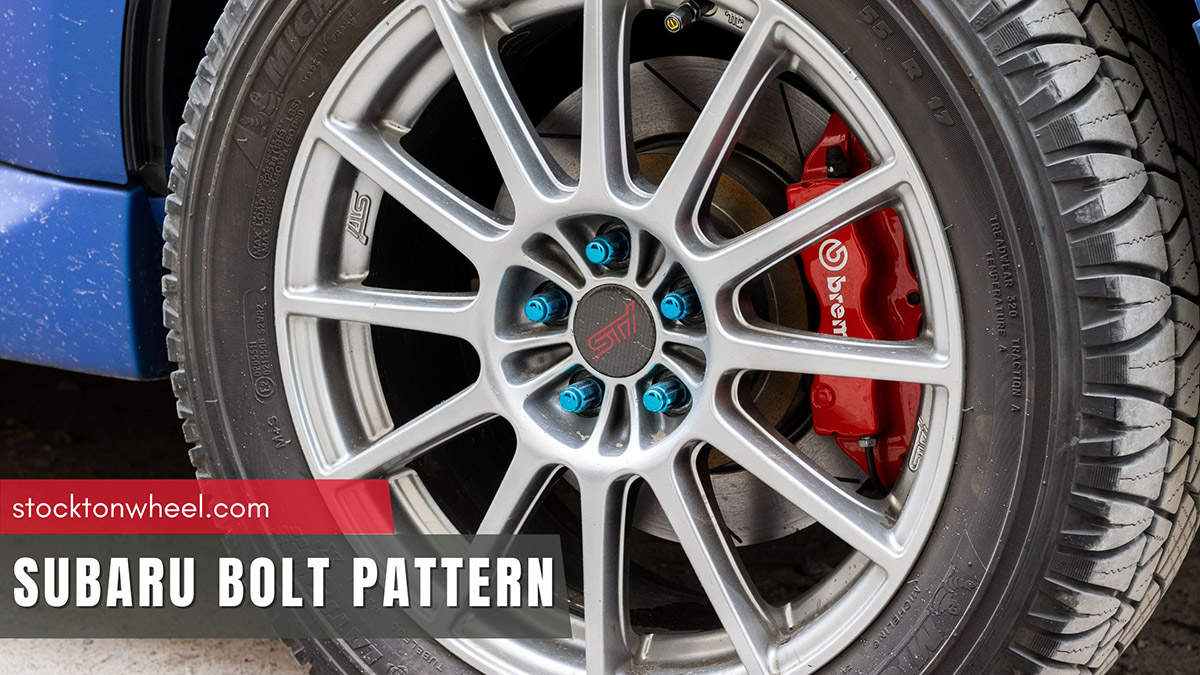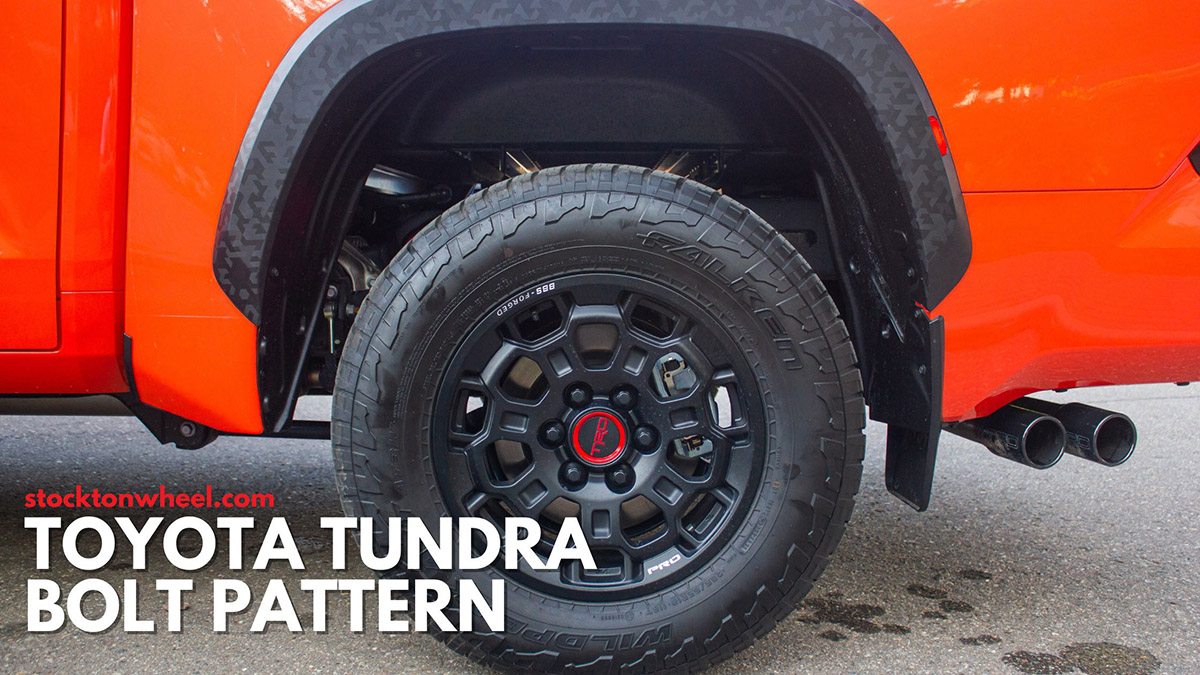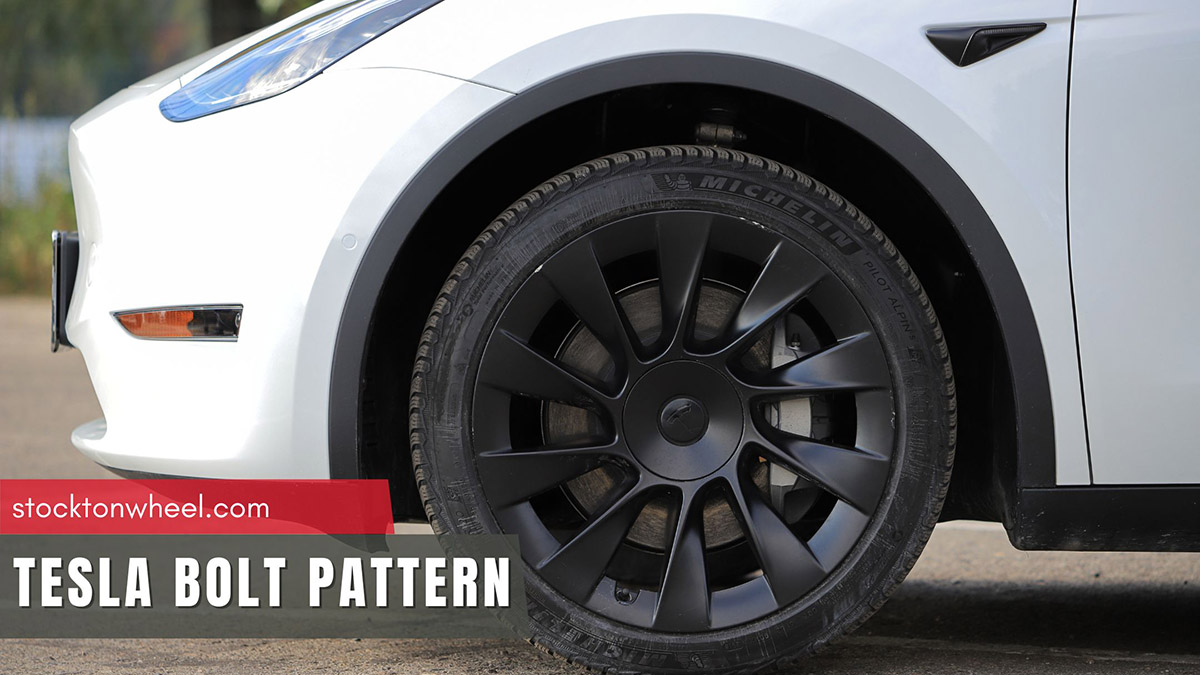As the name suggests, winter tires were meant to perform in one season only – snowy and cold days. However, some car owners do not put them in storage and continue to use them even when summer comes. The question is: Can you use winter tires year-round? Unfortunately, when these rubber compounds are exposed to heat, they reduce performance and pose dangerous risks. Scroll down to learn!
In this article:
Can I Use Snow Tires All Year Round?
Snow or winter tires are never ideal for year-round usage. Their rubber compounds are only designed for snow and cold weather and can lose their effectiveness in warmer temperatures. Doing so will shorten its lifespan, degrade performance and fuel efficiency.
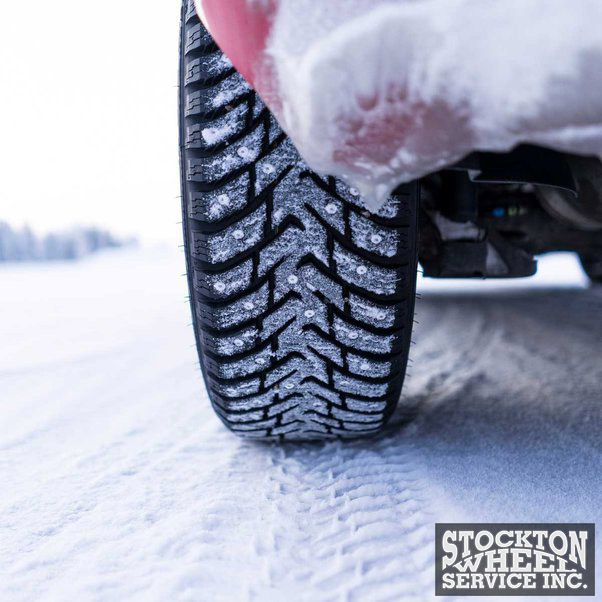
These snow tires might provide a good grip on wet and slushy roads. The soft rubber layer and deep tread depth improve maneuverability under extreme conditions. Unfortunately, they only achieve optimal performance in cold-weather driving conditions.
Why Should You Not Use Winter Tires All Year?
Excessive Wear
The rubber compound of dedicated winter tires is significantly softer and more flexible than other options, such as summer or all-season tires. This feature prevents stiffness and contributes to safe handling under cold temperatures but turns out to be a major barrier when temperatures rise.
Whether there are tread blocks or not, the rubber accumulates heat when they come into contact with hot dry roads. The system of deep grooves in the tread pattern opens and closes at a faster manner than usual.
As a result, this situation results in accelerated heat generation, and the tires wear out quickly at temperatures exceeding 7 degrees Celsius.
Worse Fuel Economy
The soft nature of the rubber compound also brings other troubles during summer because too much softness can create more drag and delayed responses. And the continuous deformation of the tire shape results in more energy loss.
Take my Continental VikingContact 7, for example. Despite being the top-notch option in the market, its feedback during cornering was quite muted due to increased rolling resistance (drag), which means my steering input should be more forceful. The interval between refueling was also 2-3 days shorter than usual, so I had to pay more for gas bills.
Experts estimate that rolling resistance increases by 15% or more. Consequently, if you persist in using them during summer, the vehicle will consume more fuel to overcome these challenges.
Poor Handling And Traction
The denseness of the tread creates a sense of pasty and greasiness. Hence, braking ability declines even on dry pavement. We took a test drive during summer (95-97 degrees F) and applied the brake from 30 mph. The summer tires stopped their movement completely after traveling 70 feet. In comparison, the winter tires rolled for another 19 feet before coming to a halt.

Another study by Consumer Report in 2012 also showed similar results. Cars equipped with winter tires but driving in the spring tend to drag at least 1.5 car lengths until they come to a complete stop. The higher the temperature, the longer this distance.
Additionally, misuse results in a loss of controllability. Continental Tires has proven that there is a 15% reduction in crisp steering response. Furthermore, winter tires are also limited to a speed of 43 mph (70 km/h) when performing avoidance maneuvers.
Accident Risks
You put yourself at risk by going against the manufacturer’s instructions. Due to all the drawbacks above, your vehicle cannot maintain efficiency and, above all, safety to operate. For instance, reduced maneuverability cannot keep you in the desired direction, especially in tight corners or demanding terrain. As this situation worsens, it entails dangers, such as tire blowouts, accidents, etc.

When Should You Use Your Winter Tire?
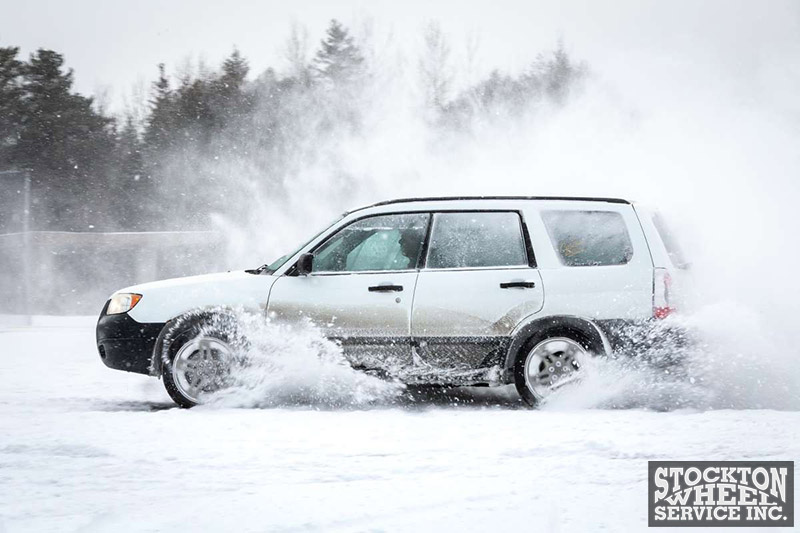
Each tire has a different tolerance threshold, so manufacturers also give their own recommendations for their products. Nonetheless, a general rule of thumb dictates that you should put your winter tires into hibernation when the outdoor temperature reaches 7 degrees Celsius.
If the weather conditions in your area change significantly or you are often out on the coldest session of the day, you can postpone the switch for a few weeks. Still, never wait until the heat hits the pavement.
FAQs
What Are The Differences Between Winter Tires Vs. All Seasons?
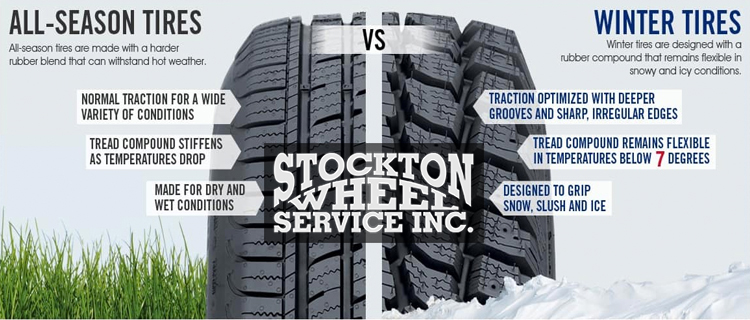
Average all-season tires have moderate tread depth, while winter tires feature deeper treads. Additionally, the performance and versatility of the former balance to adapt to almost any weather condition. In comparison, the latter boasts a flexible rubber compound to maintain good performance on cold days.
Can You Mix Snow Tires With All Seasons?
Absolutely, NO. These items have different capabilities (e.g., handling or traction), so you should never mix them for optimal safety.
Conclusion
Using winter tires all year is not a good idea when you have to sacrifice performance, durability, and safety for this. Unless you can tolerate the hassle of changing tires twice a year, investing in all-season tires is a better option.

